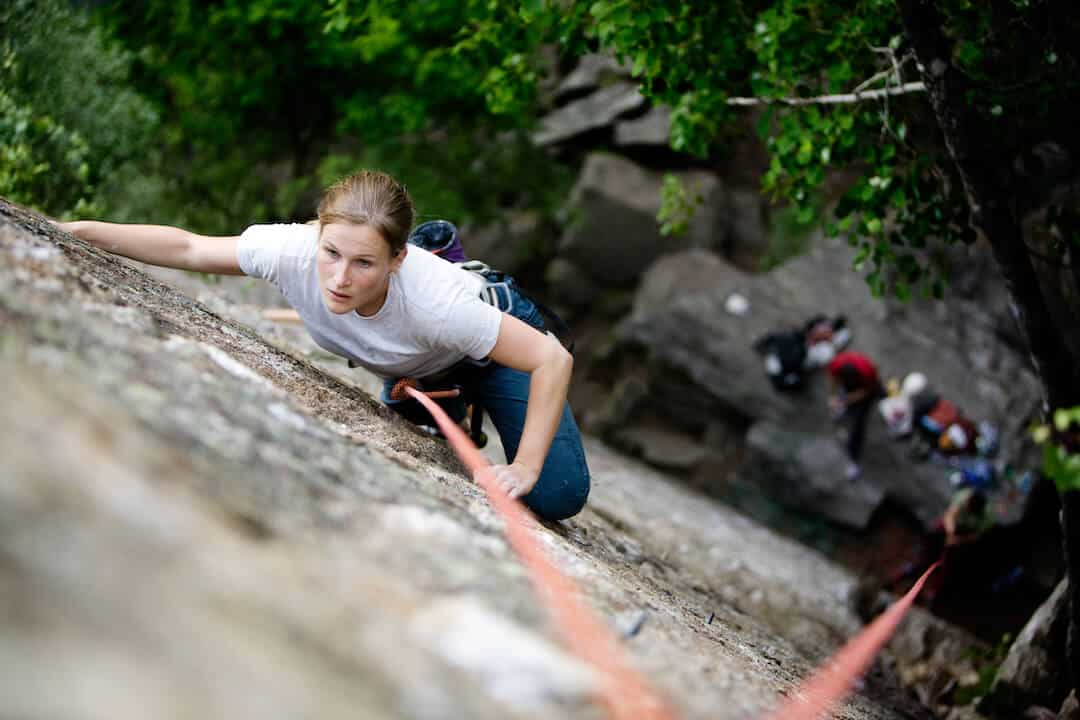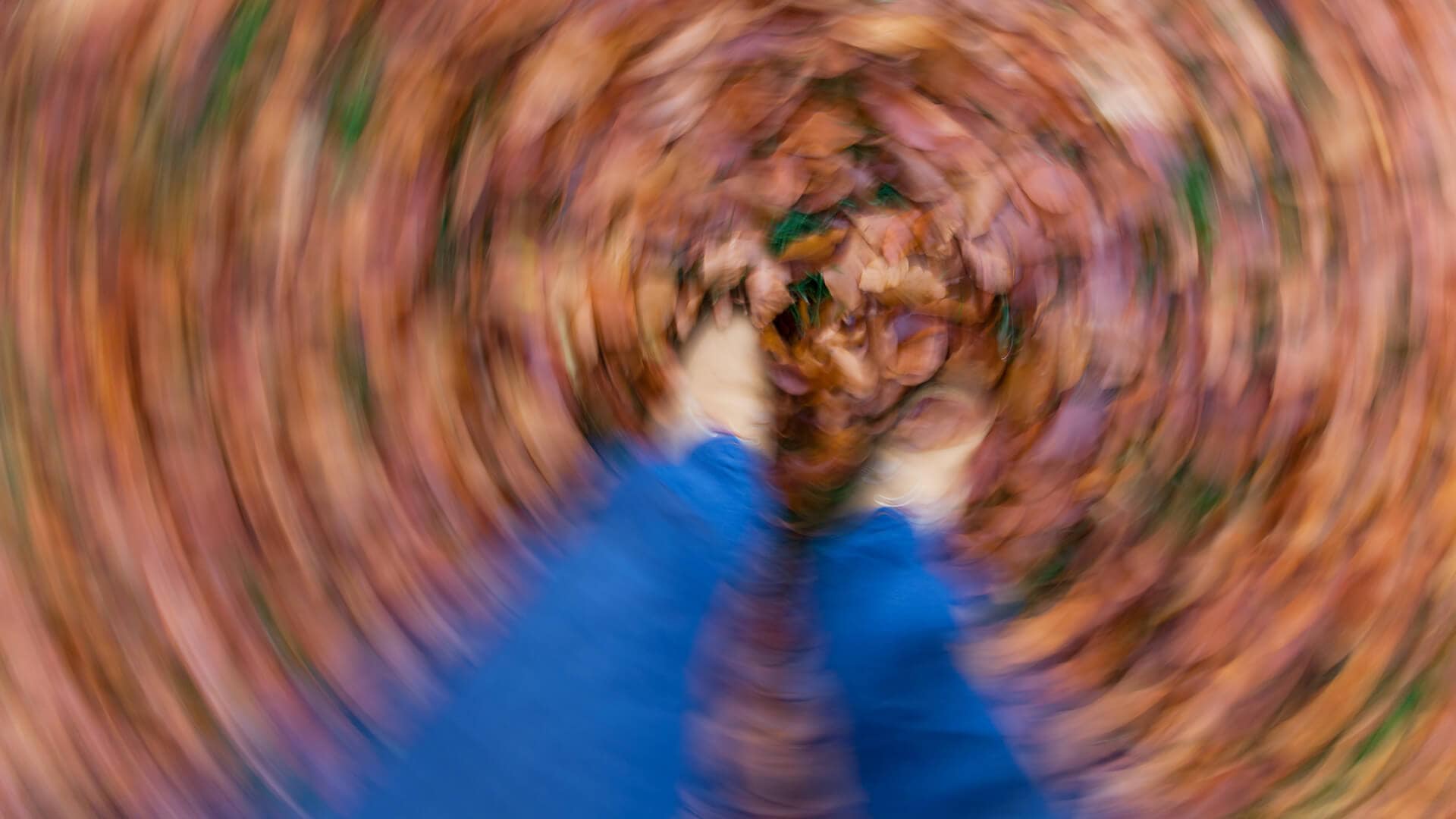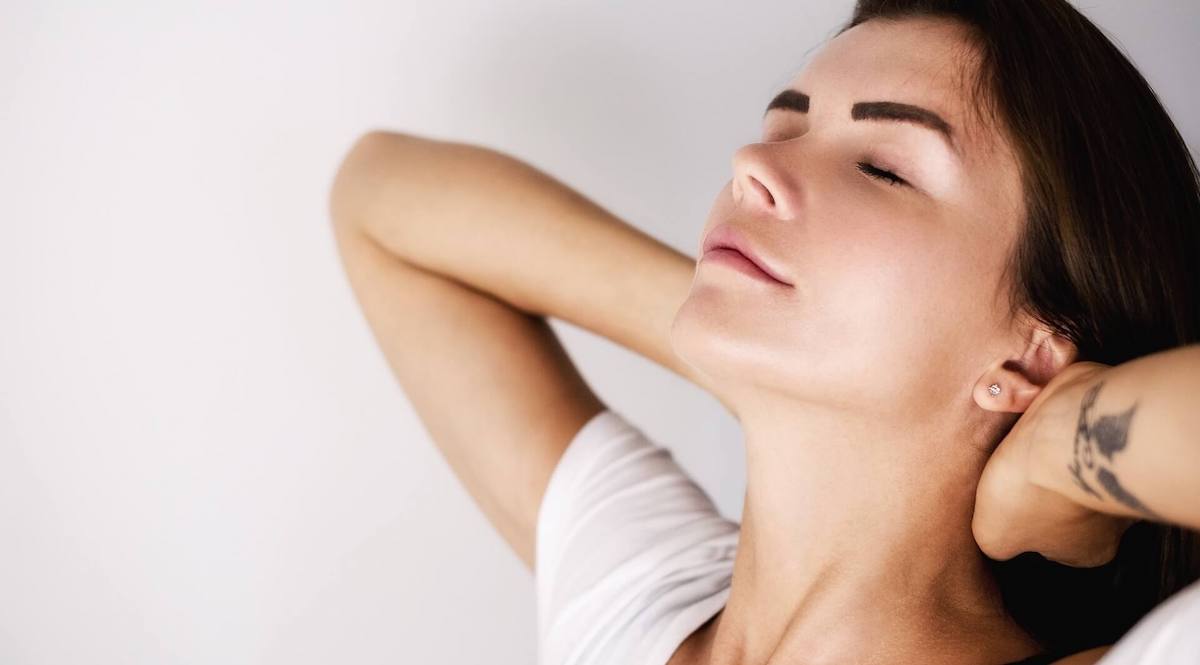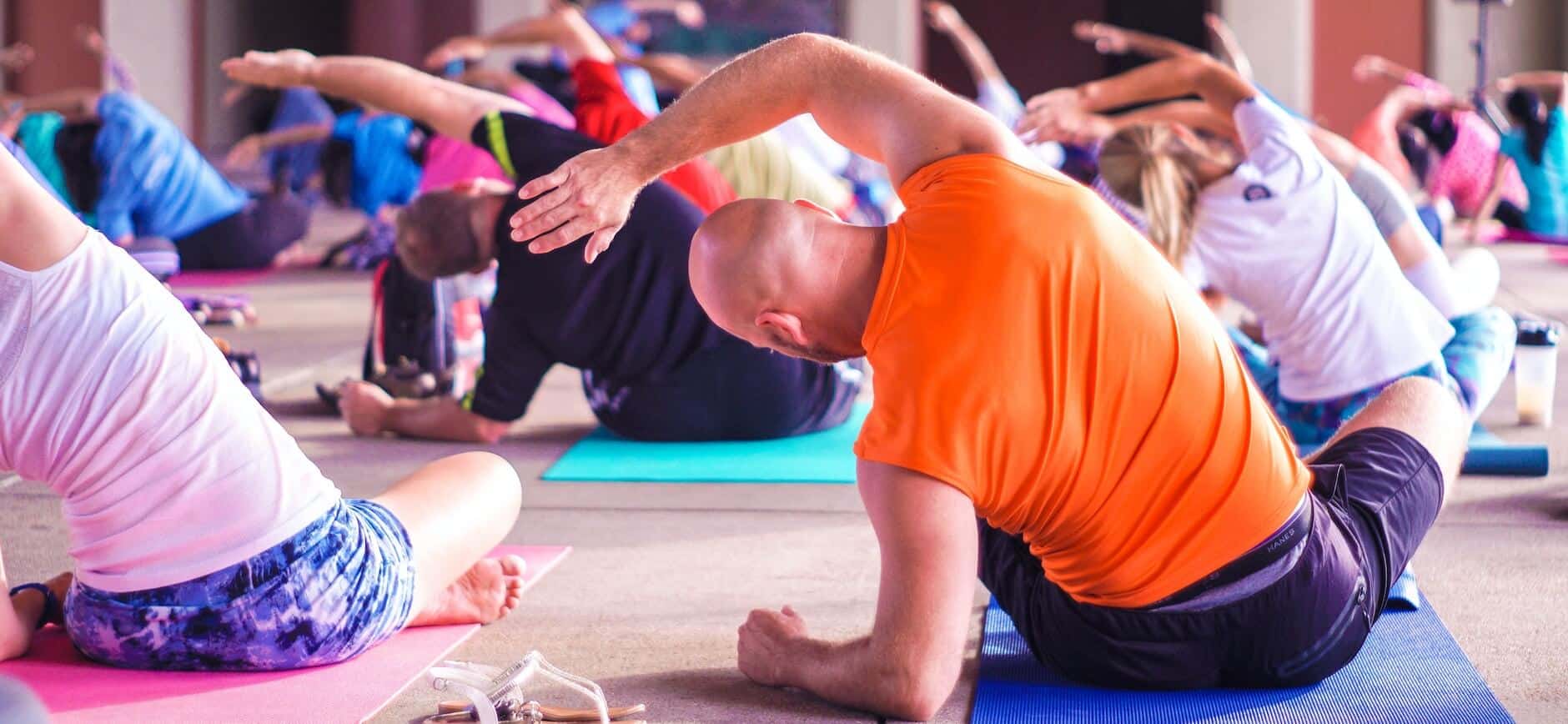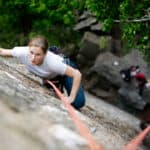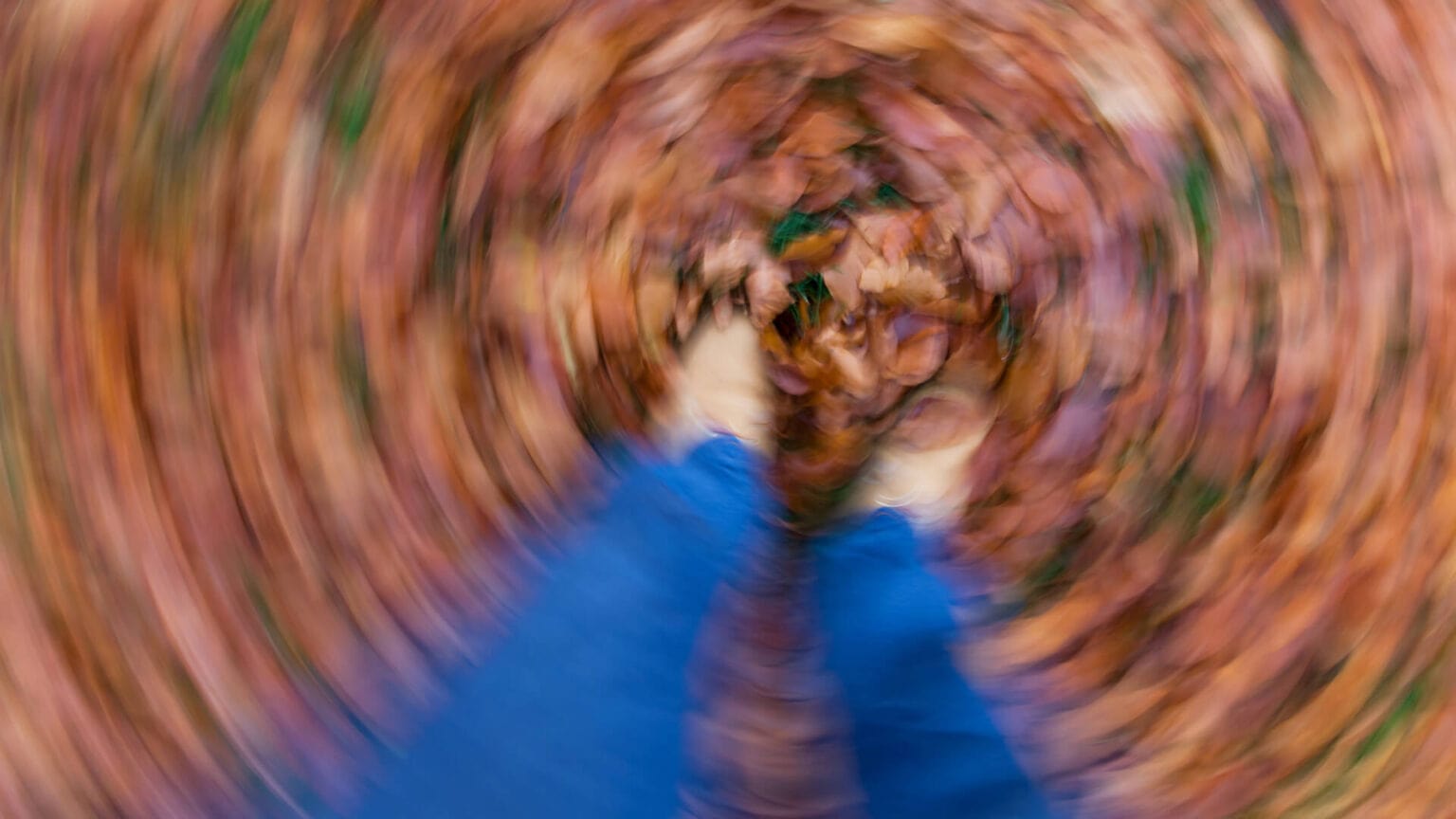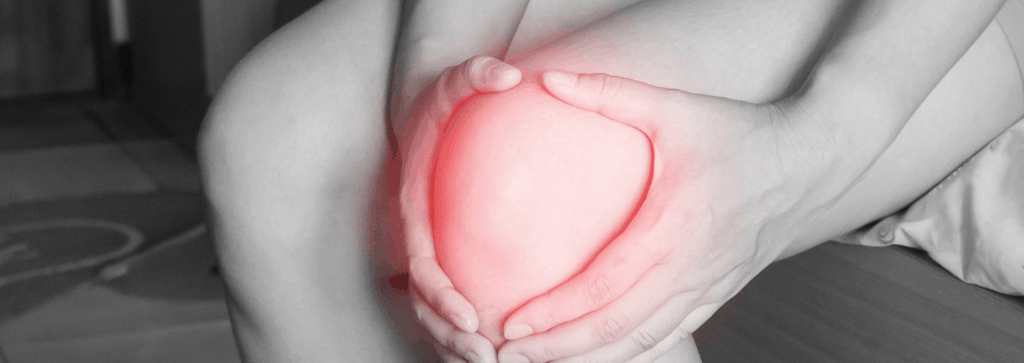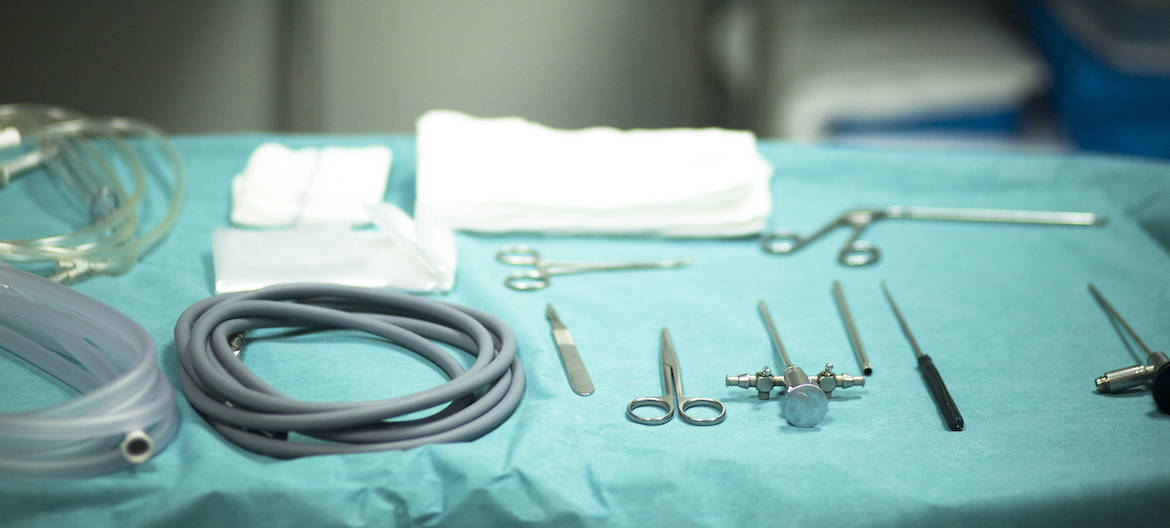Steph Korolis provides this fabulous post on Sever’s Disease. You might think from this post that Steph has a real passion for helping young athletes and kids and adolescents in general. You would be quite right.
What is Sever’s disease?
Sever’s disease is a painful heel condition in young and active children or adolescents. It is referred to medically as ‘calcaneal apophysitis’. This term (not so) simply describes what is happening at the heel. It describes that the growth plate of the heel is stressed through excessive impact or force.
What are the signs and symptoms of Sever’s disease?
The condition is more prevalent during growth periods in young adolescents which can be anywhere between 8-13 years in girls and 10-15 years in boys. Patients will commonly present with a gradual onset of pain and tenderness on the base of the heel where the Achilles tendon inserts.
Pain can be in one or both heels. Patients will often complain about pain on weight bearing or high impact activities such as running, hopping and jumping. There will often be swelling and tenderness at the site as well as tenderness and tightness through the calf muscle. They will also complain of heel pain if they were to rise onto their toes.
What causes Sever’s disease?
If you have a very active child, especially if they play sport that involve a lot of high impact movements such as running or jumping on hard surfaces, it can put a large amount of stress on the growth plate on the calcaneus. Sever’s disease can be the result if the stress through the growth plate is strong enough, or it happens without enough recovery time between sessions.
Physiotherapy treatment for Sever’s disease
The good news is that the condition isn’t known to be linked to any long-term foot problems. Symptoms will usually ease after a few months once the particular growth period has ceased.
There are other conditions that result in heel pain apart from Sever’s disease. The cause of your child’s heel pain needs to be determined first so that the treatment is correct.
A detailed history should be taken to work out your child’s daily loads and stresses. An assessment needs to be done that looks at foot posture and specific testing relating to the activities that create the pain of Sever’s disease.
Generally a short period of rest from sport or activity modification is recommended. There may be particular strength or stretching exercises that may be prescribed after the assessment.
Ice may also temporarily assist during painful periods.
Symptoms will be largely dependent on daily activities. This means some days may be worse than others particularly if your child is more active on these days than others.
